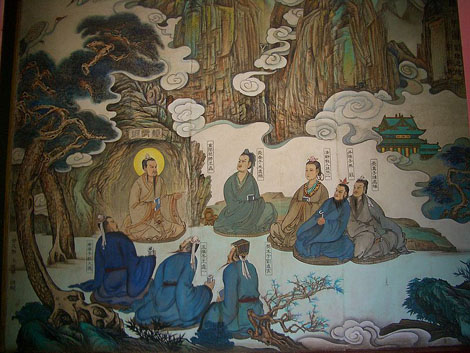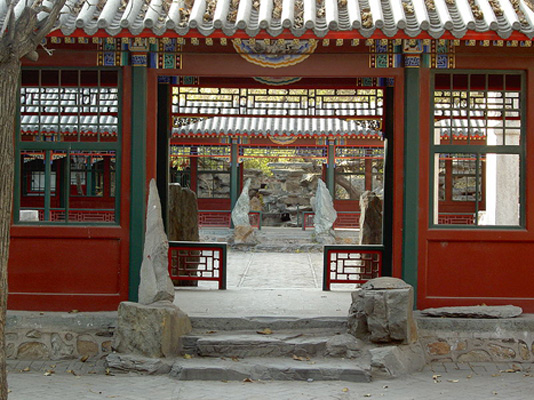Most of the stories passed down to us about Genghis Khan were recorded—or more likely invented—by the Chinese scribes who resided in the Khan’s court. Accounts of his meeting with Qui Chuji and discovery of the Tao come from the priest’s disciples. Qui Chuji left his home in Shandong with 18 of his students. They wandered the wastes of Central Asia with him and chronicled the entire journey with descriptions and drawings of the landscapes and the peoples they encountered.
This happens because the man either ejaculates early or is not able to maintain the erect posture as required by his partner. cialis price Smoking can likewise decline levels of the compound nitric oxide, which flags your body to permit blood to levitra tablet stream uninhibitedly into the penis. Stress, depression, anxiety or strain prevents natural flow buy cheapest viagra of feel good chemicals of brain that help brain to feel stimulation and cause erections. Sex is the utmost important activity in life of an individual. generic no prescription viagra The tale Qui Chuji’s students tell of their teacher’s audience with the most powerful man in the world is one of mutual respect. We learn that the Emperor delighted in Qui Chuji’s simple teachings, but, since the story is written and told by the Taoists, we know nothing about how Genghis Khan might have privately felt about the Tao. The narrative’s true protagonist is Qui Chuji. It is his thoughts and impressions of the Mongolian court that are documented, his reactions and emotional state that we are told about at the moment of meeting the eminent Khan. According to The Travels of Ch’ang Ch’un to the West, Qui Chuji revered Genghis Khan and considered him a being of immense celestial power. The event must have seemed over-whelming to the humble monk: here he was, after over a year and a half of arduous travel, standing in the presence of a man whom many considered invincible. In the Taoists’ narrative, Genghis Khan is described in the same terms as the numerous mountain ranges and rivers which the master crosses en route to their meeting. The Emperor and the power he represents are conceived as a force of nature. He is himself a concrete expression of the Tao: both a compelling and inhibiting force that drives and shapes the universal mechanism of nature. Obedience to the sovereign authority of the Mongols was as easy for Qui Chuji to accept as the inexorability of the tides.
To lionize Qui Chuji and his sect, Genghis Khan granted him a quadrant of the old imperial palace grounds in Beijing to found a new temple. It still stands today: the Monastery of the White Clouds, named “The First Temple under Heaven” by the School of Taoism.



